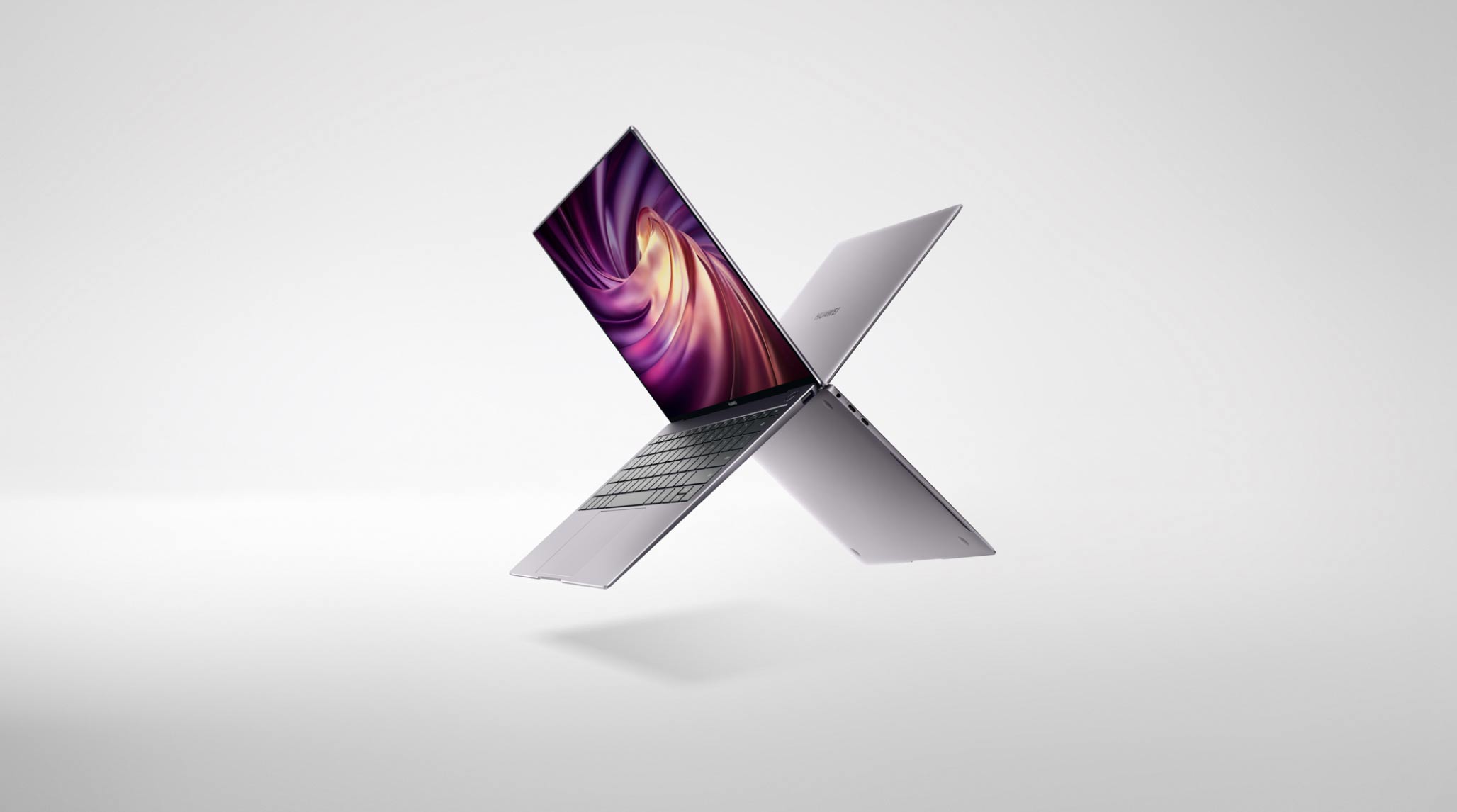Microsoft Stops Selling Huawei Notebooks In Its Online Store
As yet another consequence of President Trump's recent executive order banning companies that pose a high espionage risk, Huawei’s MateBook X Pro laptops seem to have disappeared from Microsoft’s online store. Microsoft’s retail stores will seemingly continue to sell their current stock of Huawei notebooks.
Huawei Notebooks Banned In The U.S.
Huawei’s MateBook X Pro, which Microsoft has been offering since their launch in its online store, as well as its retail stores, seem to have silently been removed from Microsoft’s site. Microsoft has yet to comment on the issue publicly.
The reason for the notebooks’ disappearance is likely the recent executive order banning foreign companies that may represent a risk to U.S. national security, as well as American firms from collaborating with said companies. Although Huawei was not named in the executive order by name, to many American companies, it was obvious that the main target was the Chinese company.
Ban Could Deal A Severe Blow To Huawei’s Business
Huawei’s ban will likely affect more than just the Chinese firm’s smartphone or notebook sales, but also the sale of networking equipment (the class of Chinese products U.S. intelligence agencies fear most due to their high espionage risk), servers, and other products and services that Huawei has been offering to U.S. customers. Huawei, ZTE and other Chinese products were already under a partial ban in the U.S. since last year, affecting only the Pentagon and other federal agencies.
Huawei and Microsoft were also collaborating on a hybrid cloud solution with Microsoft-certified Huawei servers using Intel processors. However, the recent ban will likely prevent both Microsoft and Intel from further collaborating with Huawei.
When the U.S. government banned companies from collaborating with ZTE, a Chinese state-owned company, the repercussions were far more severe than the three-month ban would imply. Beyond the billion-dollar fine the U.S. government imposed on ZTE, the Chinese company’s image was also tainted beyond repair, and it’s currently still struggling to resume its full operations from before the ban happened.
A similar ban against Huawei could mean similar consequences for Huawei. However, for now, Huawei’s CEO remains confident that the ban will not negatively impact the company, and said to Chinese state media that the U.S. politicians underestimate the company’s strength.
Get Tom's Hardware's best news and in-depth reviews, straight to your inbox.
.
Lucian Armasu is a Contributing Writer for Tom's Hardware US. He covers software news and the issues surrounding privacy and security.
-
digitalgriffin As more US Government agencies are moving to cloud services, I am fine with Huawei not working on cloud hardware. Personally I think it's a mistake to put any sensitive information on a cloud where the computer in question is not in your direct hands and uses a common framework which is closed source & open API. This leads to API hacks for exploitation.Reply
I raised my concerns back with Microsoft first released Azure to the public in 2009. And look at all the compromised unencrypted AWS bucket server databases we have these days. (Google and Azure are open to these types of problems with poor coding on an open API)
Also it is extremely easy to hide backdoors into hardware which are impossible to detect until it's too late.
